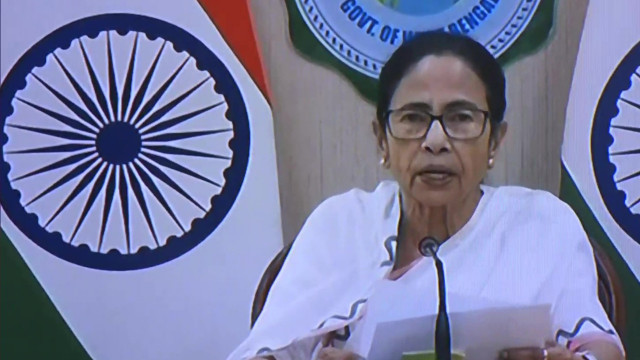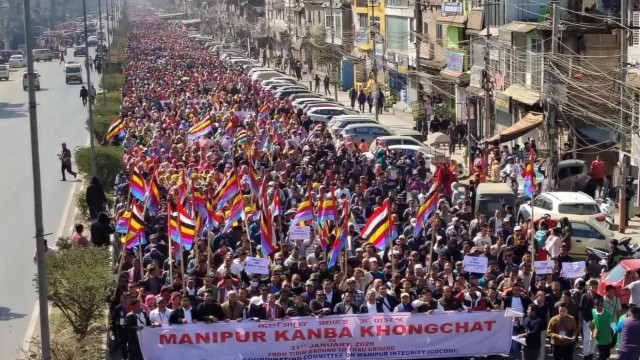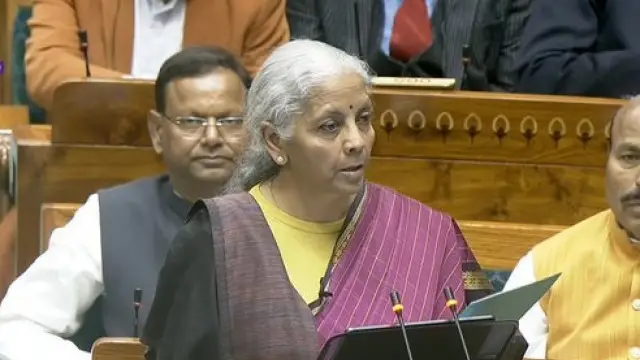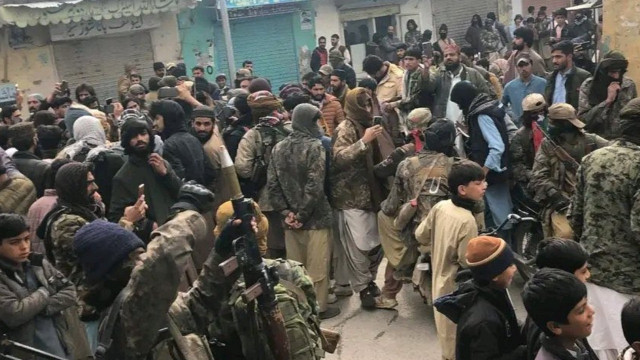Pahalgam Fallout: 786 Pakistanis Depart via Attari-Wagah Amid Tensions
On April 22, the bullets echoed in Pahalgam's litigants. 26 innocent people lost and the pyre of relationships burned. After the attack, India took a tough stance and blamed Pakistan and carried out a diplomatic surgical strike.

26 innocent people lost their lives in a terrorist attack on 22 April 2025 in Pahalgam, Jammu and Kashmir. Most of the deceased were tourists who reached the valley with the intention of walking. But this attack not only left the corpses, but also shook the Indo-Pak relationship. The Government of India described this attack as associated with Lashkar-e-Taiba and took a big decision, considering Pakistan directly guilty.
Small visa, big pain
The Government of India handed over 'Leave India' notice to Pakistani citizens. The deadline of 27 April for those with short -term visas and 29 April for medical visas was fixed. After this, the scene of a human tragedy came to light on the Attari-Wagah border. 786 Pakistani citizens were forced to leave India.
Relationships separated on the border
Sobbing sounds and crying faces were seen on the attic border. Iram of Karachi, who was returning behind her Indian husband and son, said bitterly-"Punishment to two terrorists, why?" At the same time, the pregnant Sirin, who had recently married in India, was making a comeback with tears in her eyes. It was not just a country, it was to be a piece of hearts.
Stringent diplomatic layer
India not only canceled the visas, but suspended the Indra Water Treaty. The Attari-Wagah post was closed and Pakistani diplomats were expelled. The Cabinet Committee on Security Affairs chaired by Prime Minister Narendra Modi approved these strict steps. Modi clearly said - "Those who have sheltered terror will find out to the last corner of the ground."
Wounds and danger of humanity
More than 1,300 Indians have also returned from Pakistan. There is a period of tussle and separation on either side of the border. The United Nations and the international community are appealing for peace, but the ground reality is different. The ceasefire violations on the line of control have increased and tension is being felt in the area.
Result: A terror incident, thousands of stories of life
This incident showed that terror does not only know, it also destroys relationships. An explosion, a bullet, and thousands of lives change. India is no longer in the mood to retreat and Pakistan is moving firmly towards isolating the international stage.
















